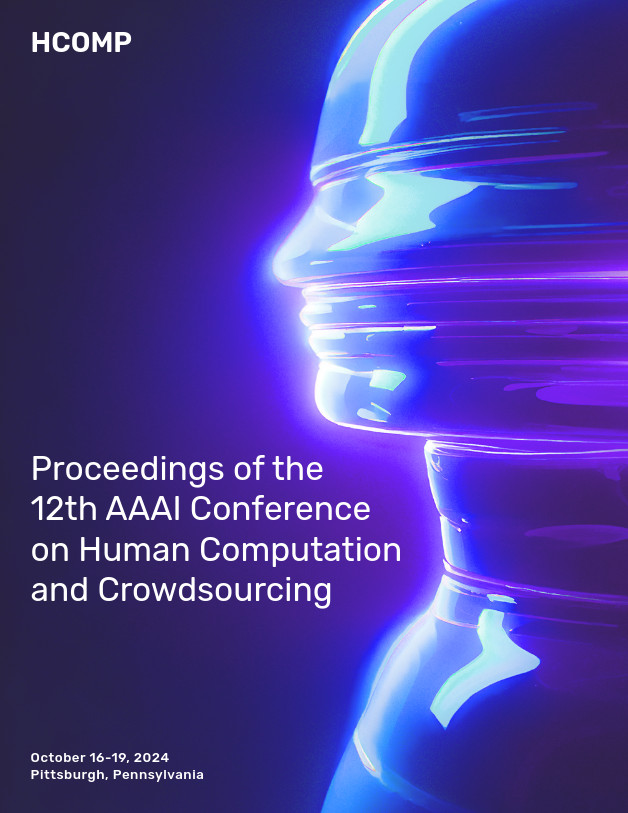User Profiling in Human-AI Design: An Empirical Case Study of Anchoring Bias, Individual Differences, and AI Attitudes
DOI:
https://doi.org/10.1609/hcomp.v12i1.31608Abstract
People form perceptions and interpretations of AI through external sources prior to their interaction with new technology. For example, shared anecdotes and media stories influence prior beliefs that may or may not accurately represent the true nature of AI systems. We hypothesize people's prior perceptions and beliefs will affect human-AI interactions and usage behaviors when using new applications. This paper presents a user experiment to explore the interplay between user's pre-existing beliefs about AI technology, individual differences, and previously established sources of cognitive bias from first impressions with an interactive AI application. We employed questionnaire measures as features to categorize users into profiles based on their prior beliefs and attitudes about technology. In addition, participants were assigned to one of two controlled conditions designed to evoke either positive or negative first impressions during an AI-assisted judgment task using an interactive application. The experiment and results provide empirical evidence that profiling users by surveying them on their prior beliefs and differences can be a beneficial approach for bias (and/or unanticipated usage) mitigation instead of seeking one-size-fits-all solutions.Downloads
Published
2024-10-14
How to Cite
Nourani, M., Hashky, A., & Ragan, E. D. (2024). User Profiling in Human-AI Design: An Empirical Case Study of Anchoring Bias, Individual Differences, and AI Attitudes. Proceedings of the AAAI Conference on Human Computation and Crowdsourcing, 12(1), 137-146. https://doi.org/10.1609/hcomp.v12i1.31608
Issue
Section
Full Archival Papers

